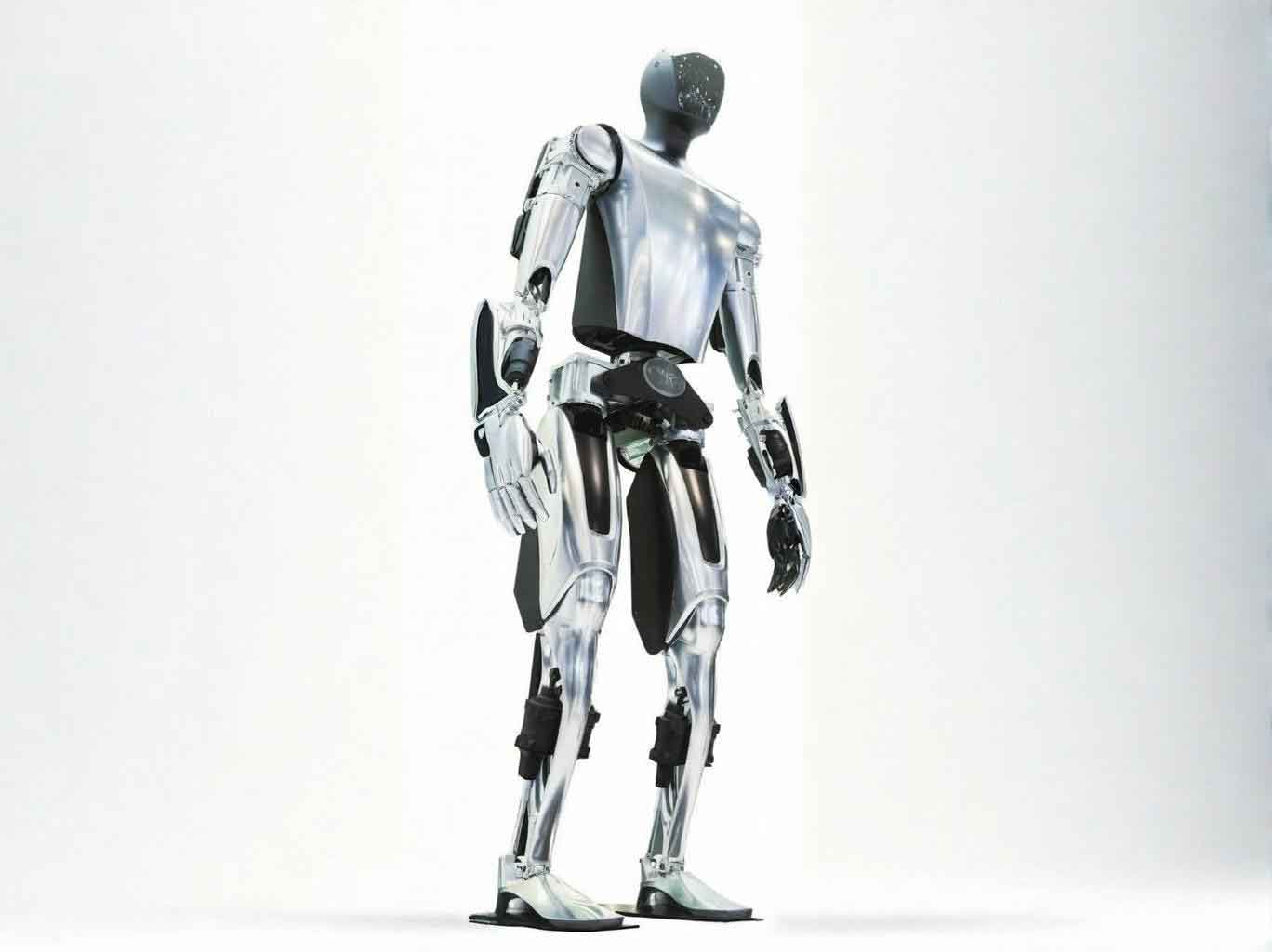Benmo Technology’s wheel-legged embodied robot “Xingtian,” utilizing direct-drive motor technology, eliminates traditional reducers while boosting motion efficiency by 50%, now deployed in labs of global institutions like SenseTime and MIT. Jinkun New Materials’ five-year-developed joint magnetic components reduce European humanoid robot costs by 40%, with annual production reaching 2 million units and capturing 30% global market share. Pudu Technology announced a ¥1.2 billion investment to establish its South China headquarters in Humen, creating an annual production capacity for 40,000 embodied robots.
Embodied intelligence, recognized as the next wave of artificial intelligence, is accelerating the advent of the intelligent economy era. Dongguan has secured first-mover advantages in this field through abundant manufacturing application scenarios, comprehensive industrial chains, and significant breakthroughs in embodied robot development by local enterprises.

Data from Dongguan’s industrial authorities reveals 208 key robotics manufacturers in the city, including 147 large-scale enterprises generating approximately ¥31.6 billion in annual revenue. In 2024, Dongguan’s industrial embodied robot production reached 22,900 units/sets, a 21.7% year-on-year increase, accounting for 4.11% of national and 9.27% of Guangdong province’s total output. These metrics underscore the city’s transformation from traditional manufacturing to intelligent production.
| Indicator | 2024 Performance | 2025 Target |
|---|---|---|
| Key Robotics Enterprises | 208 | – |
| Large-scale Enterprises | 147 | – |
| Annual Revenue (¥ billion) | 31.6 | – |
| Industrial Embodied Robot Production | 22,900 units/sets | Over 20,000 units/sets |
| Core Industry Revenue (¥ billion) | – | 8+ |
| Related Industry Revenue (¥ billion) | – | 80+ |
1. Technological Breakthroughs: Industry Leaders Fill Innovation Gaps
Embodied intelligence represents the extension of artificial intelligence into the physical world, integrating reasoning, perception, and action. These systems interact with dynamic environments through real-time calibration, enabling autonomous decision-making in fields like robotics and autonomous driving.
Dongguan’s innovation ecosystem features pioneering enterprises addressing technological voids. Topstar, an industry frontrunner, has collaborated with leading AI firms since 2022. Anticipating 2025 as embodied intelligence’s golden era for industrial implementation, Topstar is accelerating AI integration into manufacturing through municipal policy support and supply-chain leadership.
The Songshan Lake Materials Laboratory launched a “Robotic Materials Scientist” in July, advancing materials research into embodied intelligence. This system enables 24/7 autonomous inorganic solid-phase synthesis with fully monitored, traceable experimental parameters, establishing new standards in automated material research.
At Songshan Lake, Moxian Technology’s partnership with Pudu Robotics produced the fully humanoid embodied robot PUDU D9, deployed across medical, industrial, and service sectors. “Our electronic skin allows embodied robots to identify object properties through touch alone,” stated a Moxian representative, noting tenfold annual growth in “human-like hand” component orders.
Dongguan-based Dongguang Group demonstrates strategic foresight through multiple March agreements in Wuhan, accelerating embodied robot commercialization by addressing the “last mile” from prototype to application. This marks a milestone for their year-long humanoid embodied robot project. Simultaneously, Dongguang is establishing China’s largest embodied intelligence data center, developing smart inspection systems for electronics and biomedicine, and pioneering AI-powered elderly care facilities targeting the ¥100 billion silver economy.
2. Policy Framework: Catalyzing Industrial Development
Dongguan provides fertile ground for embodied intelligence growth, hosting 220,000 industrial enterprises including 14,000+ large-scale manufacturers and 10,000+ high-tech firms. This ecosystem offers extensive application scenarios, supported by a ¥500 billion machinery equipment industry cluster.
As China’s electronics and equipment manufacturing hub, Dongguan has cultivated a comprehensive embodied robot supply chain spanning component production, system integration, and end-user applications through initiatives like “machine replacement” and automation upgrades.
Municipal policies reflect strategic clarity: The 2023 “Dongguan Smart embodied robot Industry Action Plan (2023-2025)” prioritizes building a Guangdong-Hong Kong-Macao Greater Bay Area innovation hub for embodied intelligence. The 2024 “Support Measures for Smart embodied robot Industry Development” targets ¥8 billion core industry revenue and ¥80 billion related industry revenue by 2025.
The 2025 municipal “No.1 Document” – “Several Measures to Accelerate AI Empowerment in Manufacturing” – positions Dongguan at AI’s forefront through “AI+” initiatives. This focuses on “AI+Advanced Manufacturing” to enhance industrial systems, consolidate competitive advantages, and cultivate new productive forces.
Future strategies include resource integration for enterprise support, establishing government-industry-academia-finance innovation ecosystems, and leveraging application scenarios to mutually strengthen embodied robot technology and industrial development.
